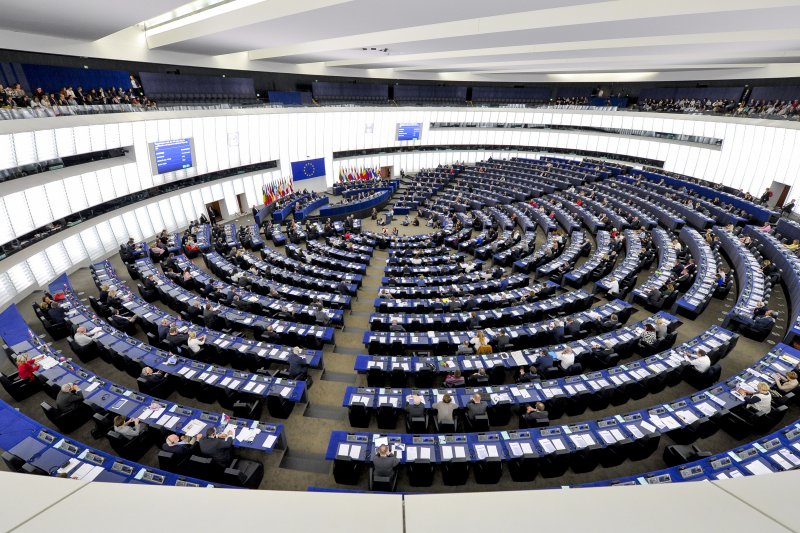Russia Uses Serbia to Influence WB Countries; EP
The Special Committee on Foreign Interventions of the European Parliament said on Wednesday that Russia uses its influence in Serbia to try to interfere in neighbouring countries and negatively affect the Euro-Atlantic orientation of the region.
This intervention, according to the report, is exercised "in Bosnia through the Republika Srpska, in Montenegro by exploiting pro-Serb sentiments as well as the Serbian Orthodox Church, and in Kosovo by exploiting and inciting existing disputes in the north of Kosovo."
Russia, it goes on to say, still has significant influence in the Western Balkans, with the power to intervene in regional efforts for reconciliation, integration and reform towards democratization.
In the report, which was supported by 27 representatives in the Committee on Foreign Interventions, while there was one vote against and one abstention, it is said, among other things, that Russian efforts to exert influence on the Western Balkans should be seen as part of a broader strategy to promoted authoritarianism in Europe.
The report states that the pro-Russian message is spread through Serbian and Hungarian-owned media in the Western Balkans, while expressing concern with "recent findings that Serbia is the most vulnerable country to negative foreign influence in the Western Balkans, especially from Russia and China, and that Serbia has not yet implemented the sanctions against Russia and has not harmonized with the foreign policy of the European Union".
In clear defiance of Western sanctions, Serbia, a candidate country for European Union membership, has become a safe haven for some Russian companies seeking to avoid sanctions imposed by the EU, the report said, noting that since July 2022 the offices of RT (formerly Russia Today) have opened in Belgrade and the online news service has also started in Serbian.
The committee "particularly strongly condemns the opening of an RT office in Belgrade and the opening of its online news service in Serbian, thus allowing this malign actor to spread its disinformation throughout the region", while demanding that " the Serbian authorities to harmonize with the decision of the European Council on the suspension of broadcasting activities" of the Russian media Sputnik and RT.
The report notes that the Western Balkans is an area of strategic and geopolitical competition and some of its countries are prone to destabilization, threatening the continent's security and stability. Third countries are further said to be "exploiting these weaknesses, including through strategic investments and disinformation campaigns, given that the security and democratic stability of countries aiming for EU membership are closely linked to the security and democratic stability of the Union itself."
Serbia is the only European country that has not joined the Western sanctions against Moscow due to its aggression in Ukraine. Although it aims for EU integration, it maintains close ties with Russia, primarily because of the Kremlin's support for Belgrade's refusal to recognize Kosovo's independence.













